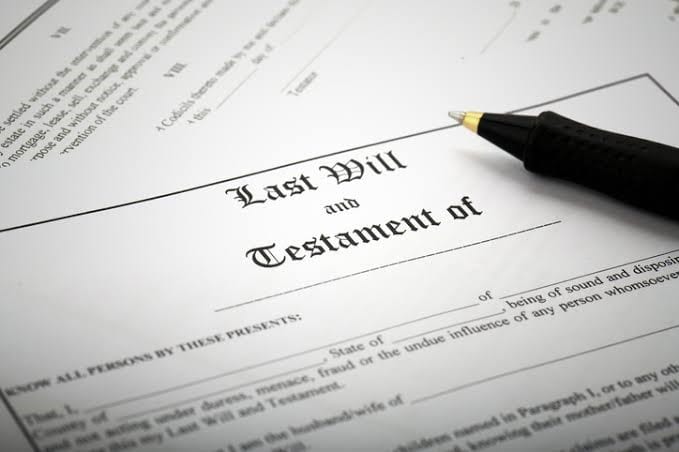When two people fall deeply in love and they sort of know in their hearts that they want to spend the rest of their lives together as a couple, moving in together is usually that first step. Then the path of unification usually moves inevitably towards marriage. Marriage being the last formal step in full public recognition of the relationship. Since the passing of the same-sex amendments to the Marriage Act in 2017 this also means that same sex and non-descript couples also enjoy this right.
Marriage is an important formal step in the recognition of such relationships, but for the purposes of Probate Law (that is law consequential to someone’s death and principally governed by the Succession Act (NSW) 2006). Under that Act a legal marriage need not have occurred for a surviving partner to inherit the bulk of the estate of a deceased . A defacto partner who may have resided with that person is equally entitled to a sizeable portion of the estate were the partner to suddenly die without a new written will. Under the latter, Chapter 4 of the Act would kick in, that is Intestacy or a person dying without a ‘valid will’. Section 125 deals exclusively with the scenario of having to share between a legally recognised spouse and a defacto.
It seems out of place to be taking about death when someone has just met someone or intends to start living with them as their ‘partner’. Most people don’t realise the law makes no distinction in the ‘rights’ per se between a legal marriage and a longstanding defacto relationship even when those relationships are simultaneous (Section 125). That applies also where someone is legally married to someone but also has an extra marital affair.
To return to the heart of this blog, as we go about our daily lives, earning, spending and saving we inevitably build up ‘an estate’. Unless you specifically write up a new will and are on top of who will benefit from you after your gone, the Court is empowered to do it for you. In some cases this could be quite contrary to your [actual] real intentions. A cursory look through the law books and you find ‘former defacto spouses’ have claimed up to 45% of an estate (Morgan v Bohm [2013] NSWSC 145) the same is true of step-children, nieces and nephews and even a cases where boarders have got up to $110,000 from a $660,000 deceased estate, claiming that the deceased “treated them like a foster child” (Britton v Small [2006] NSWSC 419).
The drafting of a new will is not expensive. It costs as little as a few hundred dollars and it will give you the peace of mind to know that your estate is protected by your specific wishes in a clear and unambiguous manner. The Courts only really intervene when there is ambiguity.
We will help you draft a will that will ensure there is that certainty.
Call us today on 9819 6299

